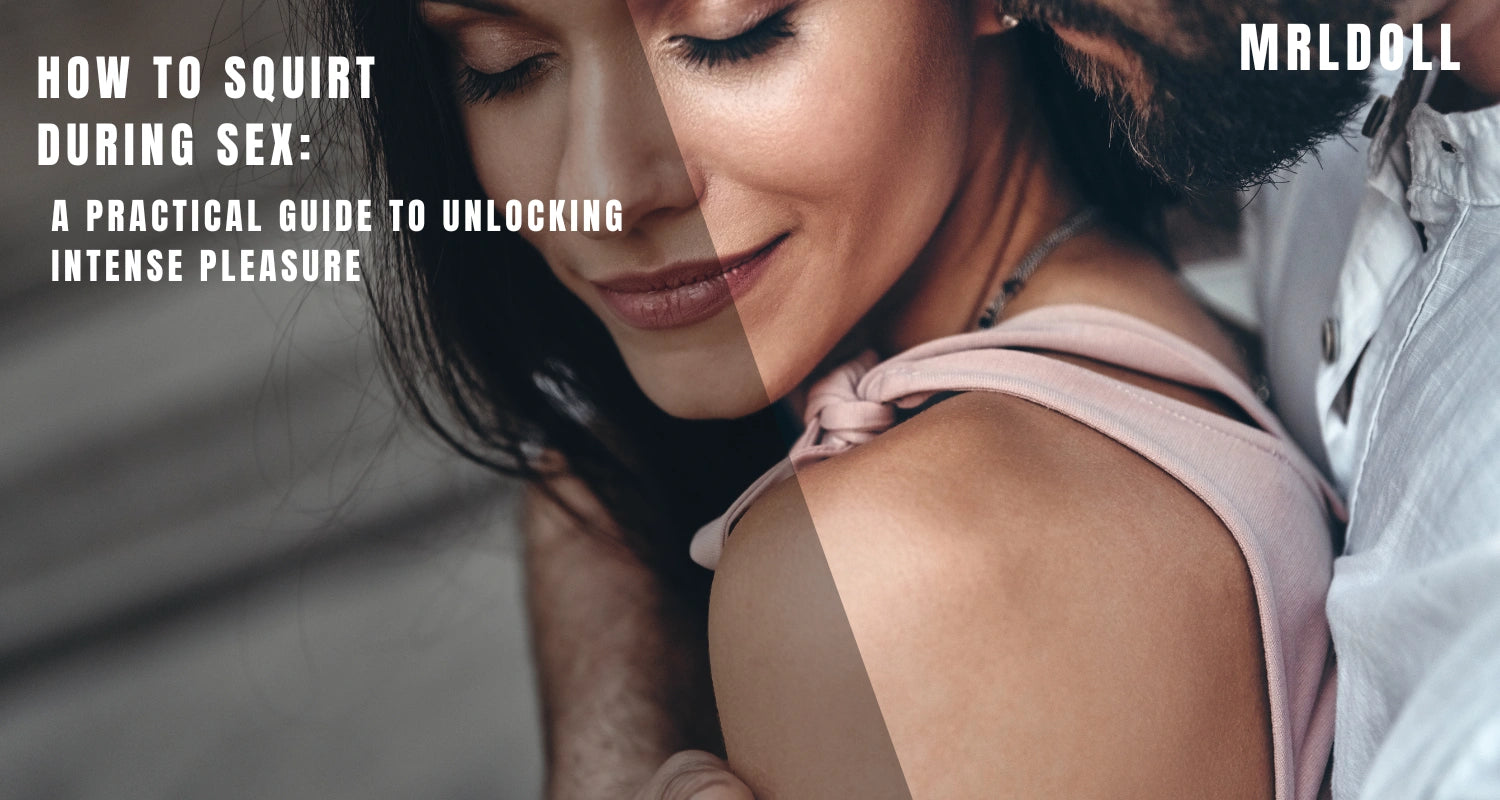Is having sex with a sex dolls cheating?
Abstract

The question of whether having sex with a torso sex doll constitutes infidelity has become a gray area in modern intimate relationships. As realism in doll technology soars, many contemporary sex dolls transcend mere functionality to become objects of emotional attachment. This evolution has complicated the role these dolls play within romantic or marital bonds. Drawing on social surveys, emotional psychology, and cultural differences, this article explores how people perceive loyalty and betrayal, offering readers a multidimensional framework for reflection.
Introduction
Have you ever wondered: if your partner secretly engages in sexual activity with a big boob sex doll late at night, would you consider it betrayal? Traditionally, “cheating” implied involvement with another living person. Yet as silicone bodies and AI features advance, sex dolls now boast highly realistic anatomies, customizable designs, and even basic interactive functions. Against this backdrop, the question “Does having sex with a sex doll count as cheating?” emerges as a sensitive, often avoided topic in relationships.
We will examine this issue through four lenses:
l Public attitudes toward “sex-doll infidelity”
l The psychology of emotional vs. physical boundaries
l Moral standards across different cultures
l The positive and negative impacts on partnerships
1. Public Attitudes: Ambiguity and Gender Gaps
ResearchGate surveys in the U.S. reveal that most men do not consider interaction with curvy sex dolls as cheating, whereas women tend to judge it more harshly—especially when the doll is explicitly modeled after a female form. In a separate YouGov poll in the U.K., only 28% labeled it unequivocal infidelity, yet over 40% admitted feeling “uncomfortable” or only “reluctantly accepting” the behavior.
These findings suggest that while people intellectually recognize sex dolls as non-human objects, emotional boundaries remain unsettled. Tolerance also varies significantly by gender and relationship style (e.g., open relationships vs. exclusive monogamy).
2. Emotional vs. Physical Boundaries: “Do I Love a Person or a Fantasy?”

Psychology distinguishes between physical infidelity and emotional betrayal. Sex dolls occupy a murky space between the two:
l Does “sex” require a living partner?
Some argue that without autonomy or emotional feedback, a doll is not a “third party.” Yet physical infidelity can be defined by the breach of mutual promises: if a couple expressly forbids any sexual engagement with realistic objects, even a doll could violate that agreement.
l Emotional projection: Who are you really thinking about?
Studies indicate prolonged doll users may project personality traits onto their dolls and develop emotional dependence. Such “fantasy attachment” can wound partners more deeply than a typical affair, since the partner feels replaced rather than competed for.
3. Cultural Perspectives on Infidelity
Definitions of “loyalty” are shaped by tradition and social norms:
|
Region/Culture |
General Attitude toward Sex Dolls |
Infidelity Threshold |
|
North America/Europe |
Relatively open; exploration encouraged |
Involvement of reallife emotional interaction |
|
Japan/South Korea |
Outwardly conservative; privately accepting |
Violation of partner agreements or moral discomfort |
|
Greater China |
Generally conservative |
Breach of respect and loyalty in the relationship |
In the West, some couples even integrate a doll into their sex life to spice things up; in East Asia—where sex positivity is less mainstream—discovery of a doll often triggers trust crises and moral judgment.
4. RealWorld Impacts on Relationships: Liberation or Alienation?
✅ Positive Effects
l Stress relief: When a partner cannot satisfy all sexual needs, a most realistic sex doll can serve as an outlet, reducing the risk of desire spilling over into infidelity.
l Sexual exploration: Dolls allow individuals to experiment with new positions or roleplay scenarios, which can help open communication with partners.
l Couples’ tool: With mutual consent, using a doll together may foster novel intimate experiences.
❌ Potential Risks
l Secrecy and miscommunication: Using a doll without a partner’s knowledge can be seen as deceit.
l Psychological replacement: Longterm reliance on a doll for physical and emotional needs may weaken realworld social skills and emotional bonds.
l Emotional distancing: Partners may feel compared to or replaced by the doll, leading to feelings of rejection and insecurity.
Conclusion: Cheating Is a Matter of Consensus, Not Definition

If you’re asking, “Is it cheating if my partner uses a male sex doll torso?” the real issue isn’t society’s verdict but the boundaries you set together. A sex doll lacks ethical judgment; the person’s respect for your vows and feelings is what truly matters.
l Understand each other’s needs: It may simply be a healthy way to express desire.
l Speak up if you feel hurt: Set clear, mutual boundaries.
l Build trust through honesty: Mature intimacy relies on openness, empathy, and negotiation.
Technology and desire will continue to evolve—but only shared understanding and trust can sustain a lasting relationship.




